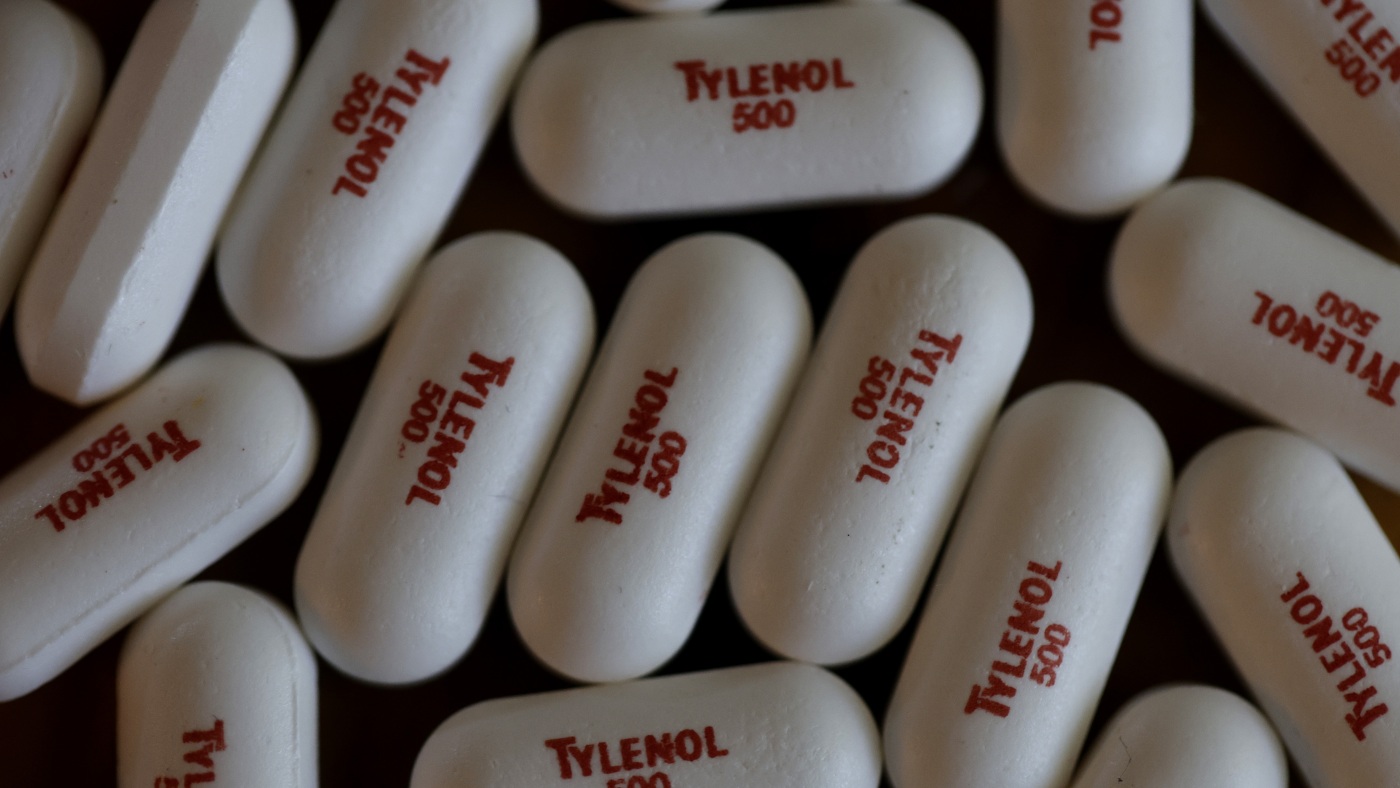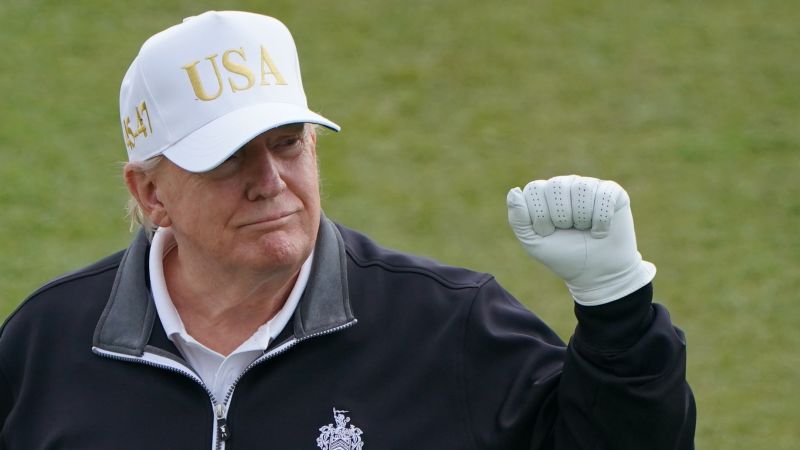About four months ago, Attorney General Pam Bondi appointed Alina Habba, one of Trump’s personal lawyers, as the top federal prosecutor in New Jersey. Habba spent her brief tenure in office bringing dubious prosecutions and investigations against elected Democrats, including a failed prosecution of Newark Mayor Ras Baraka and an ongoing case against US Rep. LaMonica McIver. Prior to this appointment, Habba had no experience as a prosecutor.
But Habba’s appointment expires this week. And the Trump administration’s ham-handed response to that expiration has created an awkward situation where it’s not entirely clear who, if anyone, is currently the US Attorney in New Jersey.
By law, Bondi only has the authority to appoint interim US Attorneys for 120 days. There is some dispute over whether this clock ran out on Tuesday or whether Habba remains in office through Friday, but the law is quite clear that Habba ceases to be US Attorney after time runs out.
The same law states that once Habba’s appointment expires, the federal district court in New Jersey “may appoint a United States attorney to serve until the vacancy is filled” by a Senate-confirmed nominee (Trump nominated Habba to serve as US Attorney indefinitely, but that nomination is currently stalled due to opposition from both of New Jersey’s Democratic senators).
On Tuesday, New Jersey’s federal judges issued a brief order announcing that Desiree Leigh Grace, a career prosecutor who previously served as Habba’s first assistant — the No. 2 lawyer in the US Attorney’s office — will replace Habba. Bondi responded with predictably Trumpian bluster, announcing that Grace “has just been removed” and that DOJ “does not tolerate rogue judges.”
Let’s dispel with the fiction that anyone has gone rogue here. While the Constitution requires top federal officials, such as Cabinet secretaries, to be nominated by the president and confirmed by the Senate, it permits lower-ranking officers such as US Attorneys to be appointed by “the Courts of Law,” so long as Congress authorizes the courts to do so.
Congress did, in fact, give courts the authority to make these appointments once a temporary US Attorney’s 120-day tenure expires. So, legally speaking, everything is above board here.
That said, federal law also permits the president to remove any sitting US Attorney. So, assuming that Trump actually signed the order removing Grace, she was lawfully removed. Trump cannot appoint a permanent replacement without the Senate’s consent, but he can keep removing anyone the district court appoints who is not Alina Habba.
The district judges have good reason to prefer a career prosecutor over Habba
Habba didn’t exactly distinguish herself during her time as Trump’s personal lawyer.
In 2022, for example, Habba represented Trump in a lawsuit against his 2016 presidential opponent, Hillary Clinton, that accused Clinton of “racketeering” by linking Trump’s campaign to Russia. A federal judge eventually determined that Trump “deliberately misrepresented public documents,” that the suit was “frivolous,” and that the allegations underlying the suit were “political grievances masquerading as legal claims.” The judge ordered Habba, along with Trump’s other lawyers, to pay monetary sanctions as a penalty.
Habba’s brief tenure as a federal prosecutor, moreover, was notable largely because of the high number of investigations and prosecutions she initiated against prominent elected Democrats. In May, for example, Mayor Baraka was arrested while protesting an immigrant detention facility. A federal magistrate judge labeled the charges against Baraka a “worrisome misstep,” and Habba eventually backed down. Baraka is now suing Habba for “malicious prosecution.”
Habba also indicted Rep. McIver, who participated in the same protest. A federal law permits sitting members of Congress to enter federal immigration facilities as part of their oversight responsibilities. Habba, for what it is worth, claims that McIver assaulted law enforcement officers.
Additionally, Habba opened a federal investigation into New Jersey’s Democratic governor, Phil Murphy, and its Democratic attorney general, Matt Platkin, over a directive preventing state law enforcement officers from cooperating with federal immigration enforcement. Under the Supreme Court’s “anti-commandeering” doctrine, the federal government may not force states to enforce federal laws. As the Court said in Murphy v. NCAA in 2018, “conspicuously absent from the list of powers given to Congress is the power to issue direct orders to the governments of the States.”
Habba’s authoritarian tendencies aside, she also has little professional experience that qualifies her to supervise federal prosecutors. Prior to her interim appointment, she’d never worked as a prosecutor. Nevertheless, during her time as interim US Attorney, Habba led an office with 170 lawyers.
Before Trump, the Justice Department tried not to antagonize judges
No party appears in federal court more than the United States. In 2021 alone, federal judges sentenced a convicted offender in 57,377 cases. That number doesn’t include cases where a defendant was acquitted. It also does not include the many civil lawsuits where the United States is a party.
In large part because of this huge caseload, Justice Department lawyers typically speak of federal judges with cautious professionalism. If DOJ antagonizes a particular judge today, that judge may hear hundreds of cases involving the United States before they leave the bench.
Some of the biggest losers in this food fight between the Trump administration and the United States District Court for the District of New Jersey, in other words, are likely to be the career federal prosecutors who litigate in that court. Judges are likely to view the Justice Department’s legal arguments with more skepticism now that the attorney general has frivolously accused them of going “rogue” and usurping “the President’s core Article II powers.”
Meanwhile, the simple fact remains that New Jersey’s federal judges do not have confidence in Habba — to such a degree that they effectively chose to remove her from office and replace her with her deputy. So, these judges are also likely to cast a skeptical eye on the Justice Department’s arguments if Habba remains as US Attorney.
Typically, presidents and attorney generals care about convicting federal criminals, and they avoid personnel decisions that could jeopardize federal prosecutions. But this is the Trump administration, so ordinary governance must take a back seat to things like Habba’s quizzical charges against Baraka or McIver.
Source link

